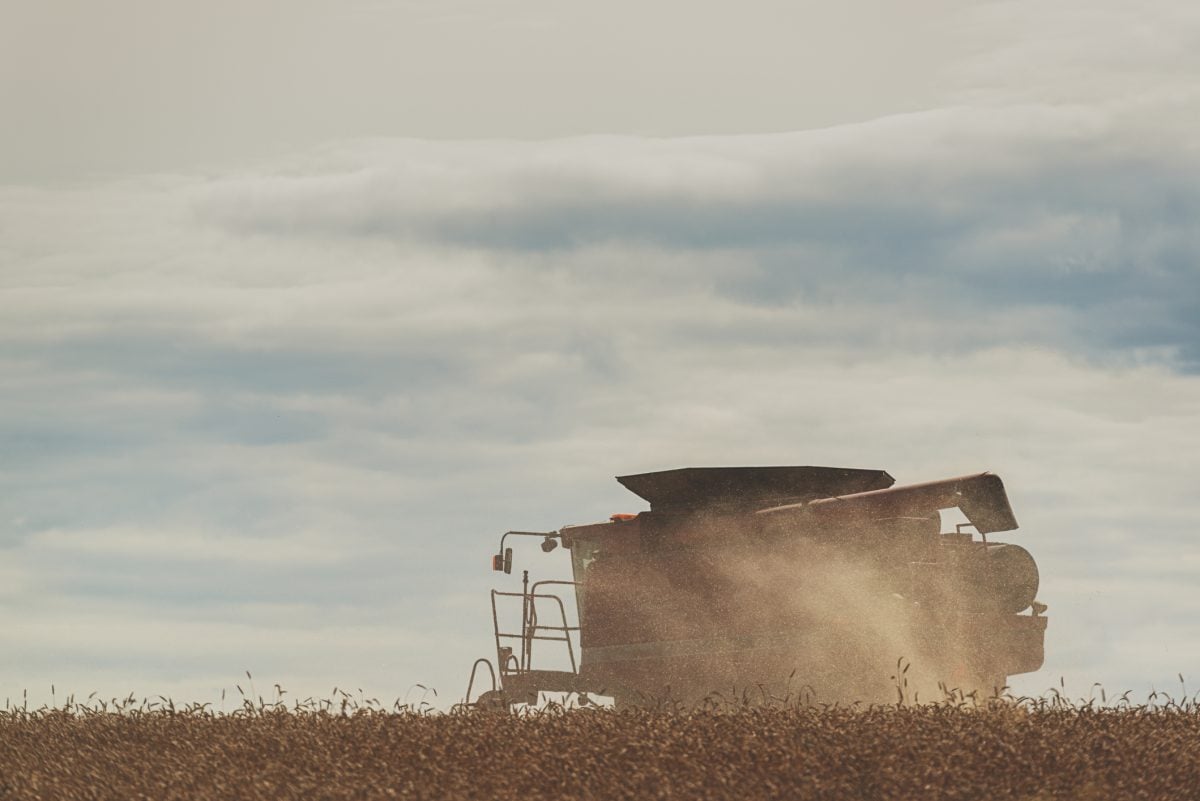NASHVILLE, Tenn. — Just as Western Canada gets its first glyphosate resistant weed, Monsanto and BASF are releasing a new solution in the form of two old ones.
Dicamba is making a comeback in North American field crops. This time the chemical’s popularity will come though resistant genetics that will be stacked with other resistance traits, including diseases and glyphosate, along with yield enhancements that are present in current plant varieties.
BASF’s dicamba has been around since the 1960s and remains a popular broadleaf weed control for producers for cereal crops, on its own as Banvel or as a generic product from Gharda or most commonly as a component of tank mixes and pre-mix products that offer multiple modes of action against a wide selection of weeds.
Read Also

Manitoba Crop Report: Harvest advances despite heavy rains
Despite heavy rains in much of the province, Manitoba’s harvest advanced to 86 per cent complete as of Oct. 6, 2025.
Matt Helms of Monsanto told farmers attending Nashville’s Commodity Classic conference last week that the St. Louis based company has built transgenic dicamba resistance into its top yielding soybean varieties and plans to extend that to cotton, canola and corn.
“In that order. We can’t be specific in release dates, but it’s safe to say it’s a few years away. But soybeans will be the first crop in Canada, then later on canola,” said Helms about its proprietary genetics.
For more see the Western Producer’s Production section March 8.
















